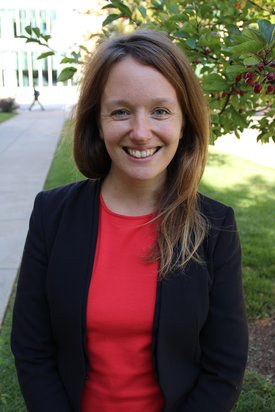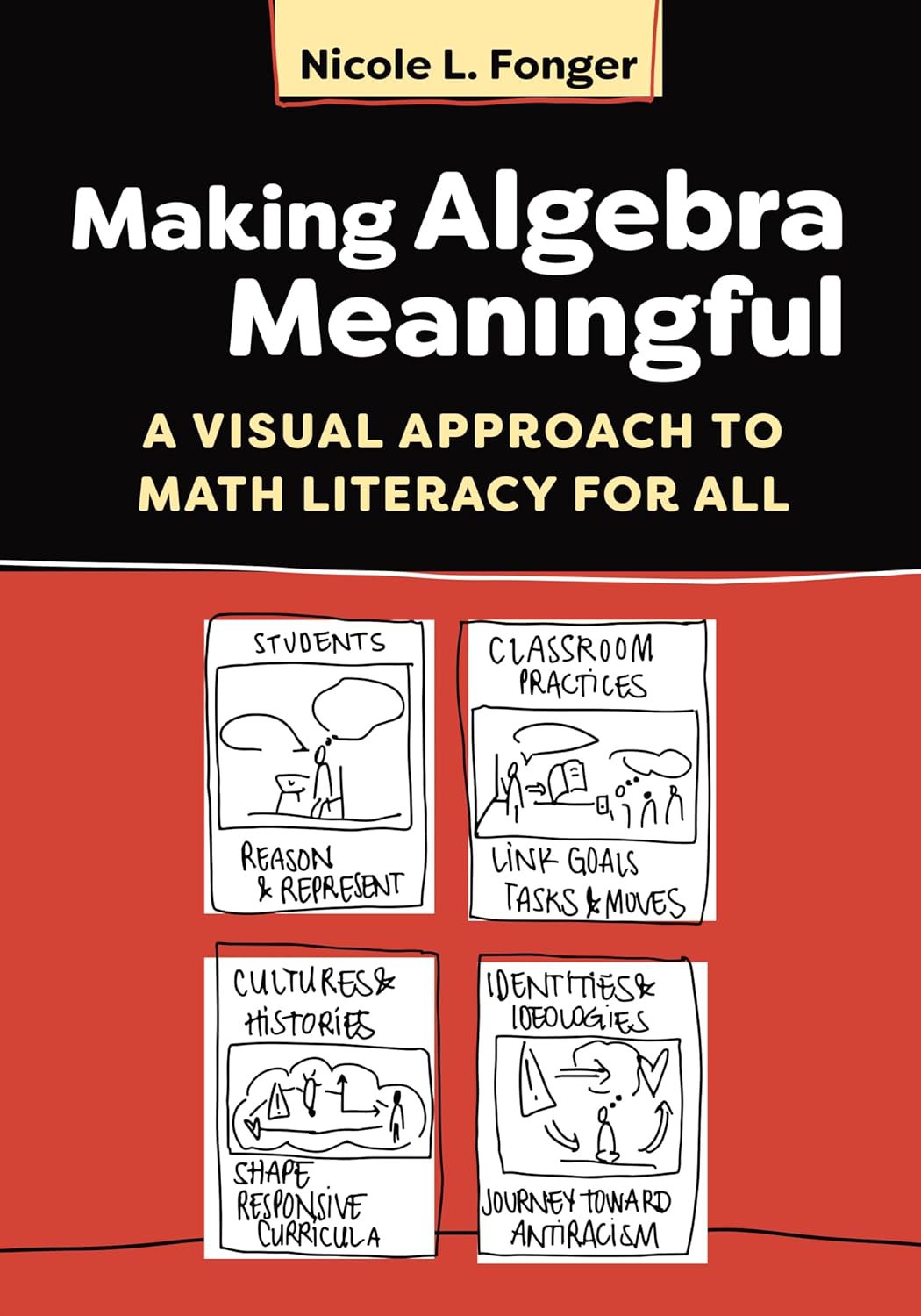
Nicole L. Fonger
DEPARTMENTS
- Mathematics
AFFILIATIONS
- School of Education
Associate Professor
CONTACT
-
317F Carnegie Library
Email: nfonger@syr.eduOffice: 315.443.1499
Entries in the areas listed below (other than biography and books) are selections delimited to the last five years. Consult the faculty member’s biography, listed website(s) or CV for additional information.

